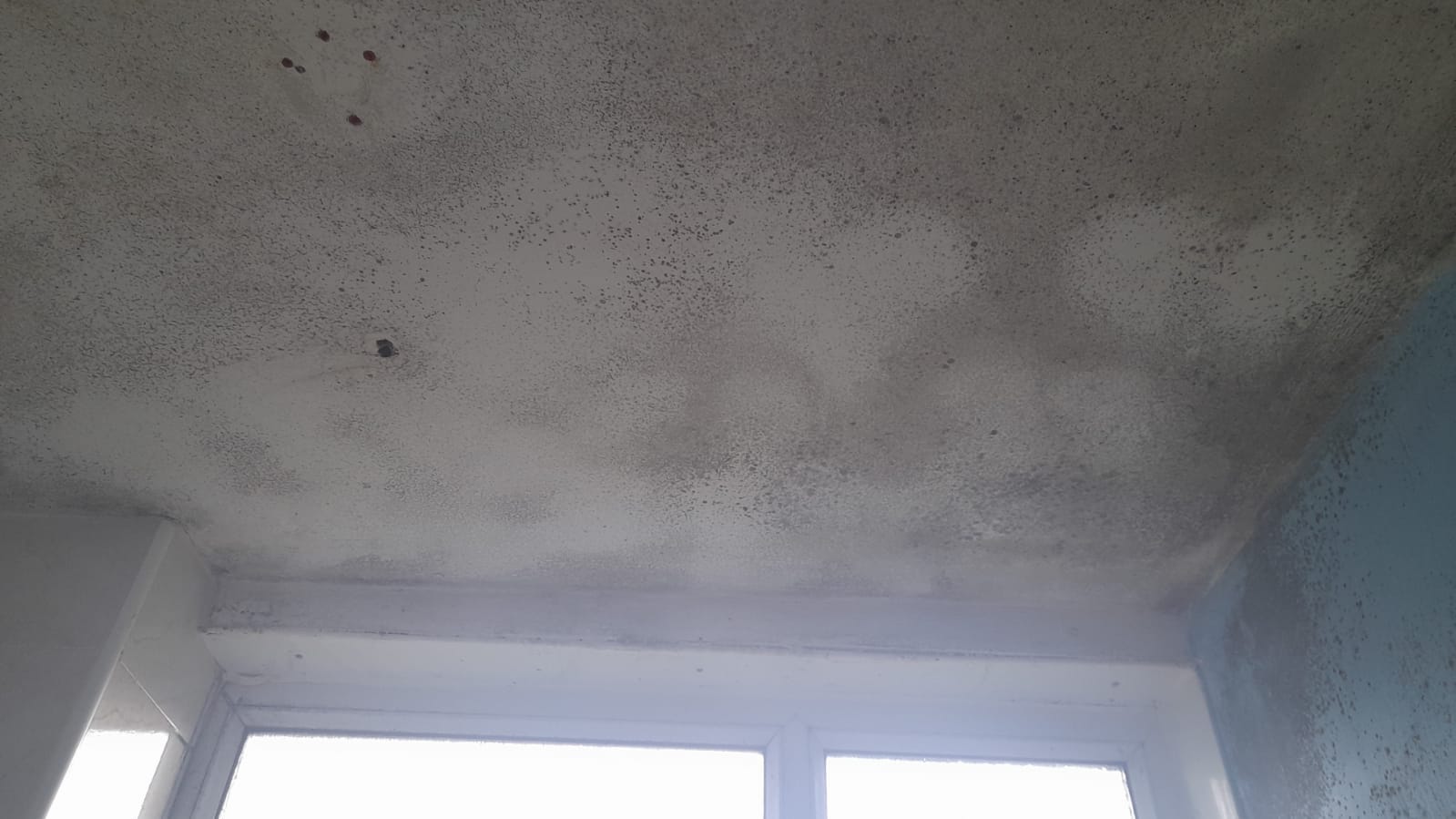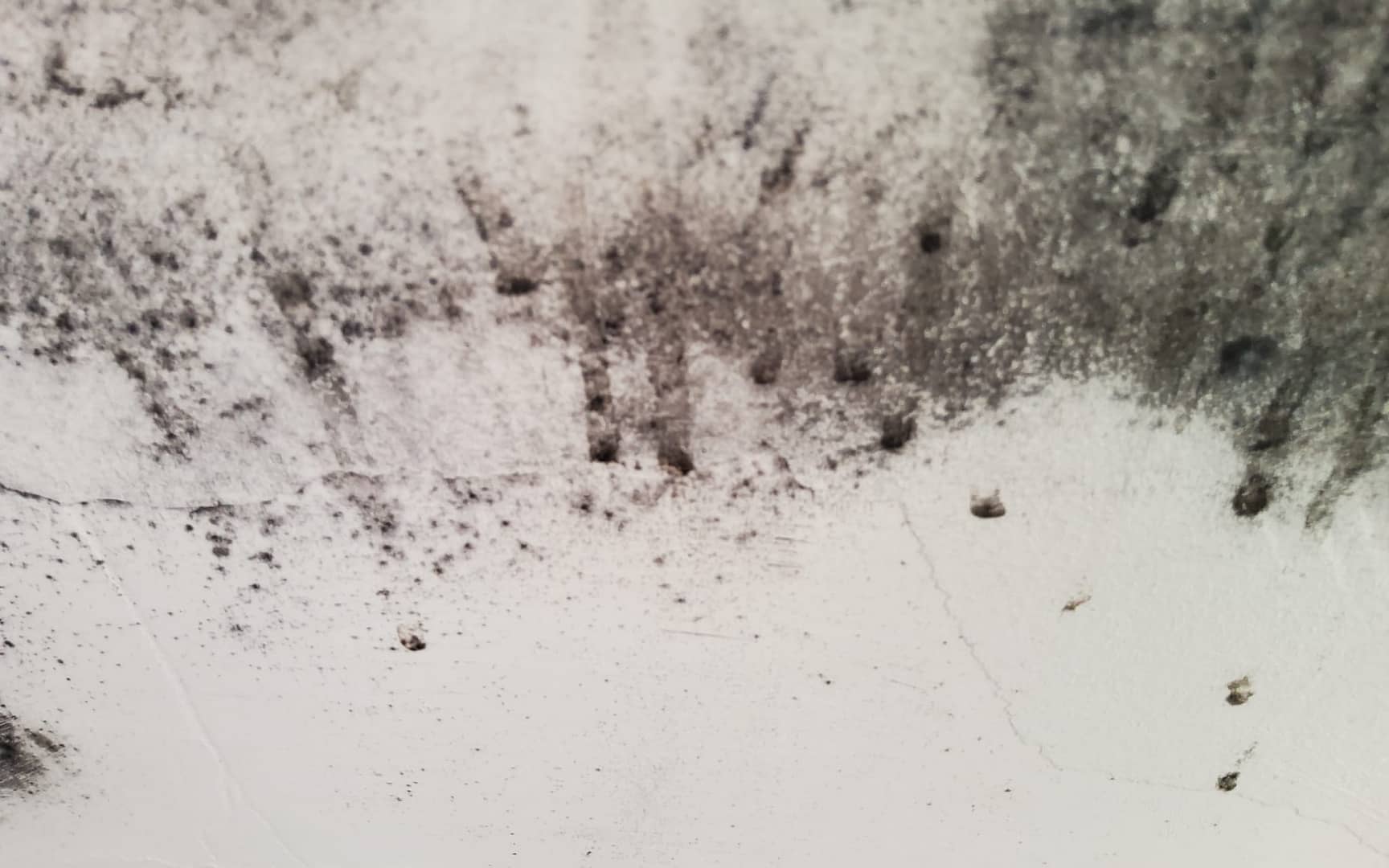Damp and mould are more than just pesky inconveniences; they can have serious implications for the health and well-being of residents. In the United Kingdom, where rainy days are a common occurrence, addressing dampness and mould is a critical concern for local councils. This article delves into the proactive strategies that UK councils have adopted to combat damp and mould in their housing, ensuring healthier living environments for their constituents. We will also delve into the best steps to take when your council aren’t tackling your housing disrepair.
Understanding the Council Policy on Damp and Mould
Damp and mould can rear their unsightly heads for various reasons – from poor ventilation and inadequate insulation to leaks and structural issues. Local councils across the UK recognize the detrimental effects these issues can have on residents’ health, which is why many have implemented comprehensive policies to address them head-on. These policies not only set the standards for maintaining housing quality but also outline the responsibilities of both landlords and tenants in preventing and resolving damp and mould issues.
Education as the First Line of Defense
UK councils understand that prevention is better than cure. Thus, education plays a crucial role in their policy approach. Councils are proactively raising awareness among residents about the causes of damp and mould and the steps they can take to mitigate these issues. By educating tenants about proper ventilation practices, adequate heating, and regular maintenance, councils are empowering residents to play an active role in preventing the onset of these problems.
Timely Inspections and Reporting Mechanisms
Local councils have introduced regular inspections of properties to identify and address damp and mould issues promptly. These inspections ensure that landlords maintain their properties to a certain standard, which includes effective damp-proofing measures. Moreover, councils often establish user-friendly reporting mechanisms that allow tenants to report damp and mould problems quickly. This approach not only aids in problem detection but also holds landlords accountable for maintaining healthy living conditions.
Dedicated Task Forces: A Targeted Approach
Some UK councils have gone the extra mile by setting up dedicated task forces to combat the persistent issue of damp and mould. These task forces consist of experts from various fields, including housing, health, and environmental sciences, who collaborate to devise holistic strategies. While no real-life examples are provided in this section, the concept of dedicated task forces is instrumental in addressing complex and deeply-rooted issues such as damp and mould.
These task forces engage in a multi-pronged approach that includes research, policy development, and community engagement. Their aim is to create a comprehensive roadmap for tackling damp and mould, ensuring that all aspects of the problem are considered and addressed.
Empowering Residents: The Heart of the Strategy
A unique aspect of many council approaches is their focus on empowering residents themselves. These councils believe that residents who are equipped with knowledge and resources can actively contribute to the fight against damp and mould. This approach fosters a sense of community responsibility and reduces the burden on councils in the long run.
Tenant Workshops and Resources
Various UK councils organise workshops and informational sessions for tenants, educating them about the causes and prevention of damp and mould. These workshops cover topics such as proper ventilation techniques, recognizing early signs of dampness, and maintaining a healthy indoor environment. By providing practical tips and actionable advice, councils empower tenants to take charge of their living conditions.
Financial Support for Landlords
Recognizing that addressing damp and mould may involve a financial investment, some councils offer incentives or financial support to landlords who proactively tackle these issues. This not only motivates landlords to undertake necessary repairs and improvements but also indirectly benefits tenants by providing them with healthier living spaces.
Making a Housing Disrepair Claim
In cases where damp and mould issues persist despite council efforts, residents have the option to make housing disrepair claims. This legal avenue allows tenants to hold landlords accountable for maintaining the habitability of their properties. By seeking compensation or repairs through such claims, residents can ensure that their living conditions meet acceptable standards.
Even after the illusion that councils are working harder to tackle housing disrepair within their constituency, there will still be plenty of examples of them not being able to provide the services to help. When this happens, it is best to contact National Claims. We specialise in housing disrepair claims and our talented claims specialists will be able to guide you through the claims process. We will ensure that the repairs to your home are carried out and that you are financially compensated for living with your disrepair at the hands of your council.
How Much Compensation For Damp And Mould UK?
To find out how much compensation you can receive for your housing disrepair, it is best to fill out one of our claims forms that can be found throughout our website.

Conclusion
Damp and mould are not just nuisances; they are health hazards that demand immediate attention. UK councils, driven by a commitment to their residents’ well-being, have taken comprehensive steps to address these issues head-on. From educational initiatives and regular inspections to the establishment of dedicated task forces, councils are leaving no stone unturned in their pursuit of healthier housing.
Crucially, these efforts are not solely dependent on council actions. Empowering residents with knowledge, engaging landlords through financial support, and fostering community responsibility all contribute to a holistic approach to tackling damp and mould. As the rain continues to fall on the UK, the councils’ determination to create damp-free, mould-free homes stands as a testament to their dedication to public health and their constituents’ quality of life.
In cases where damp and mould persist, the option of making housing disrepair claims empowers residents to seek appropriate remedies. The combined efforts of councils, landlords, and residents are paving the way for a future where damp and mould are minimised, ensuring healthier homes and happier lives for all.
Start your housing disrepair claim by contacting us today and you will be put in touch with one of our claims specialists.
Click below to see why we are one of the most trusted claims management companies in the UK.

We’re proud of our excellent customer reviews
We thrive on delivering exceptional service and ensuring our clients’ satisfaction. Don’t just take our word for it. Check out some of our independent reviews to see what our clients have to say.
Excellent

This firm is excellent, they sorted out my car pay out and injury claim very fast, they always communicate with you all the time.

My accident case was dealt with confidence and with great result of the outcome, especially James kept me informed all the time.

I was very impressed at the way my inquiry was treated. I was listened to attentively and everything I needed to know was explained to me.






